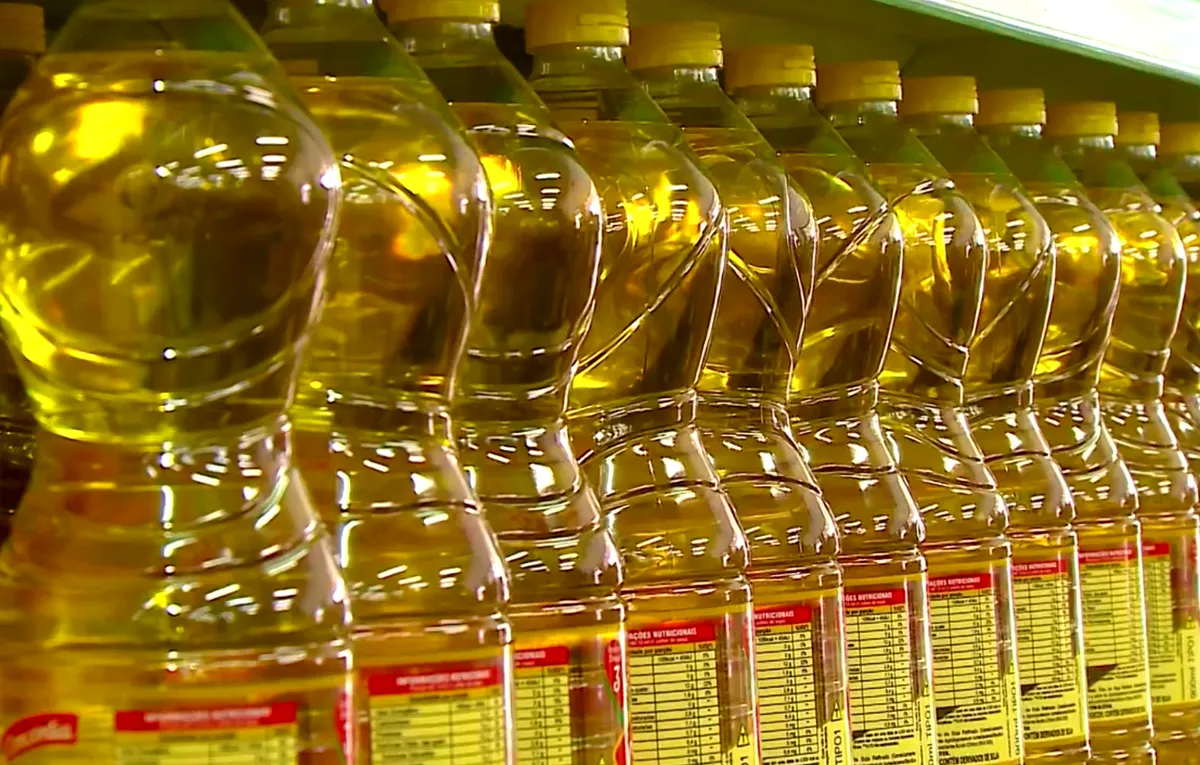
Importing agricultural commodities from Brazil is an excellent opportunity for companies seeking high-quality products at competitive prices. Brazil is a global leader in the export of products such as soybeans, corn, sugar, beef, chicken, and other essential food items. However, to succeed in this process, it is essential to know the right steps, understand the risks involved, and choose the ideal suppliers.
In this article, you’ll find a complete overview of how to import from Brazil safely and profitably. At the end, you’ll have access to related articles on specific topics to deepen your knowledge.
Contents
Brazil is a global agricultural powerhouse. Here are some key advantages of importing from the country:
High productivity: Brazil has favorable climate and advanced technology for large-scale production.
Recognized quality: Products like Brazilian sugar, meat, and soybeans are valued internationally.
Consistent supply: Large-scale production allows for meeting both small and large order volumes.
Trade agreements: Brazil has agreements that facilitate commerce with many countries.
Exported mainly to China, Europe, and the Middle East, these are high-demand global commodities.
A traditional export product, with many suppliers certified with Halal and ISO.
Brazil is one of the world’s largest meat exporters, meeting sanitary requirements of countries like Saudi Arabia, China, Israel, and the UAE.
Exported in smaller volumes, but well-accepted in niche markets.
Be clear about the type of commodity, required specifications, and volume.
Prefer audited suppliers with export history and proper documentation. You can use our directory of verified exporters.
FOB, CIF, or CFR? Clearly define logistics terms in the quote.
Avoid advance payments without guarantees. Use letters of credit, escrow services, or bank-backed payments.
It should contain clear clauses on pricing, quality, logistics, penalties, and dispute resolution.
Companies like SGS and Bureau Veritas help ensure the product matches the agreed standards before shipping.
Work with a customs broker experienced in importing food or grains.
Fraud and unreliable intermediaries: Always verify the supplier’s registration, history, and certifications.
Advance payments without safeguards: Use secure methods like letters of credit or escrow.
Issues with quality and documentation: Request lab reports and certificates before shipping.
Use specialized exporter directories
Attend international trade shows and agricultural events
Utilize professional networks (LinkedIn, chamber of commerce websites)
Visit official sources like ApexBrasil and government trade agencies
To deepen your knowledge, check out the following related articles:
How to Verify the Reliability of a Commodity Supplier in Brazil
Secure Payment Methods for Importing Soybeans, Sugar, and Meat from Brazil
FOB, CIF, or CFR? Understanding Incoterms in Brazilian Commodity Imports
Essential Documents for Safely Importing Soybeans, Corn, Sugar, and Meat
How to Find Soy and Corn Exporters from Brazil for Small and Large Orders
Business Opportunities for Importers in the Brazilian Commodity Market
Importing from Brazil can be highly advantageous for those seeking to buy agricultural commodities with quality, security, and competitive pricing. By following the correct steps, vetting suppliers, and working with experienced professionals, you can secure excellent deals and successfully expand your operations.
If you’re ready to get started safely, contact us to receive verified supplier recommendations and tailored opportunities for your country.
Mello Commodity publishes educational articles that aim to guide importers of agricultural commodities on: Brazilian crops, market information, prices, scams, etc.
Some articles may contain affiliate links that provide access to several SUPPLIER GUIDES for Brazilian agricultural commodities. The commission paid to the Mello Commodity team is used to cover production costs and will not impact the cost of acquiring the material.
If you are interested in negotiating the direct import of sugar, soybeans or yellow corn, simply click on the Quotation menu and send us your order details.

Brazilian, graduated in Marketing, Specialist in Service Management and Strategic Communication.
Important International Negotiator in the commercialization of Brazilian agricultural commodities such as: Sugar, Soybeans and Corn.
Owner of Mello Commdity, she has gained great prominence on the internet in recent years by promoting educational articles for importers of Brazilian agricultural commodities.
 Bangladesh Sugar Imports: A Global Success Case Study
Bangladesh Sugar Imports: A Global Success Case Study Coup plotters are everywhere in international trade. Protect your international businesses with the Agricultural Commodities Suppliers Guide
Coup plotters are everywhere in international trade. Protect your international businesses with the Agricultural Commodities Suppliers Guide Oil Exporters in Brazil – Business Opportunities and Global Markets
Oil Exporters in Brazil – Business Opportunities and Global Markets